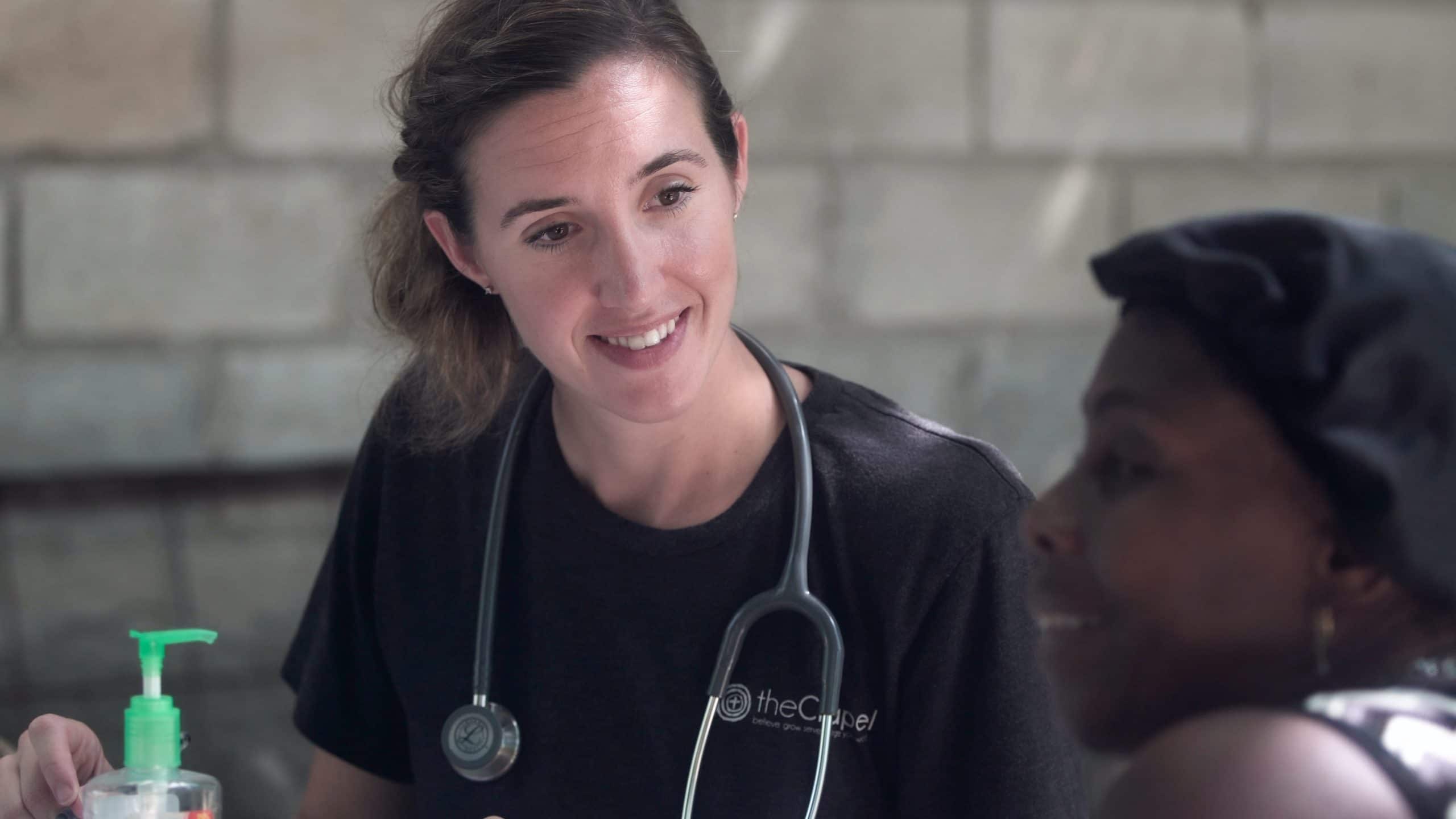Now, this is a pleasant surprise. February 3rd is National Women Physician Day. After the last year (and some change) that we’ve all experienced together, it seems all the more important to celebrate caregivers and doctors especially—separately, of course.
The history of this day centers around Doctor Elizabeth Blackwell’s birthday. Known as the first female physician to earn a degree in medicine in the United States in 1849 Dr. Blackwell was a pioneer for many aspiring female physicians. Having been voted in by the male student population at Geneva Medical College in Geneva, NY. Dr. Blackwell was reportedly nervous about being such a pioneer but went on to do other remarkable things. Her doctor’s thesis was on typhoid fever, which was a large issue in the US at the time. She also played a large role in organizing and coordinating nurses during the American Civil War.
As recently as 2019, women comprise a majority of enrolled med students in the United States (according to the Association of American Medical Colleges).
And likewise, numbers have increased among all demographics.
- Hispanic/Latino or applicants of Spanish origin increased by 5.1% compared to 2018 data.
- African Americans increased by 0.6%.
- American Indian or Alaska Natives increased by 4.8%.
It’s positive gains all around, which is great considering that in just 2010, women made up just 33 percent of the physician workforce.
With this being a relatively new holiday—first observed February 3, 2016—we still have a long way to go. According to Medelita and the Physician Mom’s Group, which helped inaugurate the holiday,
“The percentage of male physicians (65%) still considerably exceeds that of females (35%), according to government statistics, and findings from the MedScape 2016 Compensation Report reveal that men still earn more than women for both primary care physicians and specialists. Even more shocking, 30% of women physicians have experienced sexual harassment in the workplace, and nearly 75% have had an experience with gender bias on the job.”
But just the same, we’ve made a lot of progress since 1849, since 2010, even since 2016. And in the throes of Covid-19, no group has shown quite as bright as our physicians. Nurses, doctors, medical care workers have all stepped up and have gone above and beyond to take care of our communities in ways that we cannot thank enough. It’s to them, and the women working right here, right now, that we owe our gratitude.





Leave a Reply
No Comments